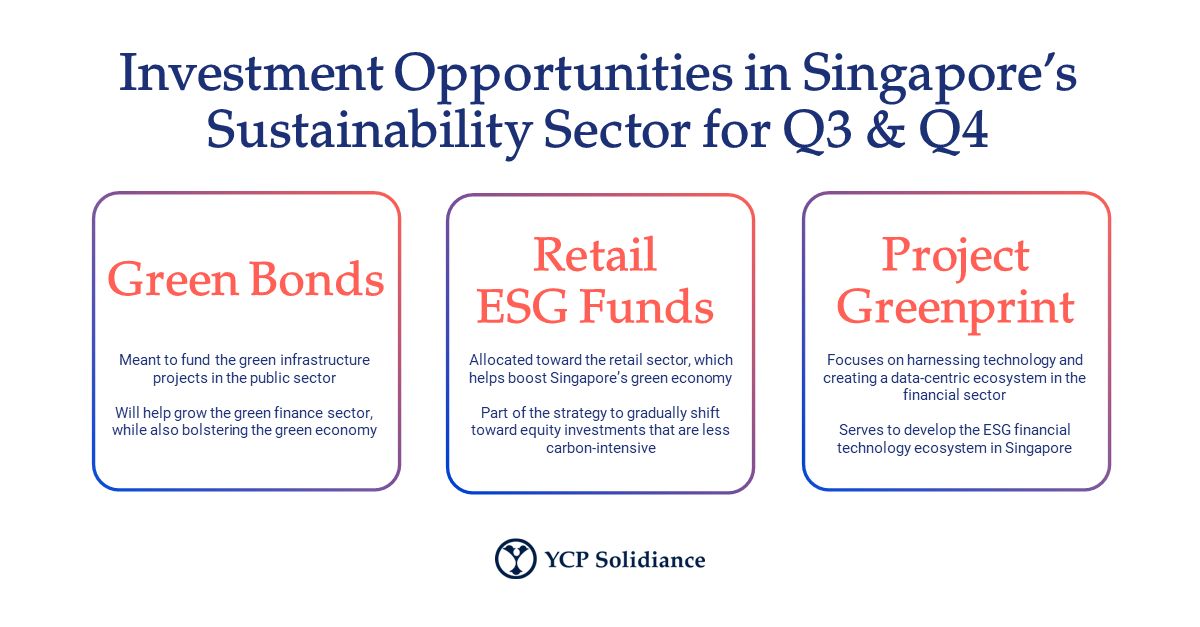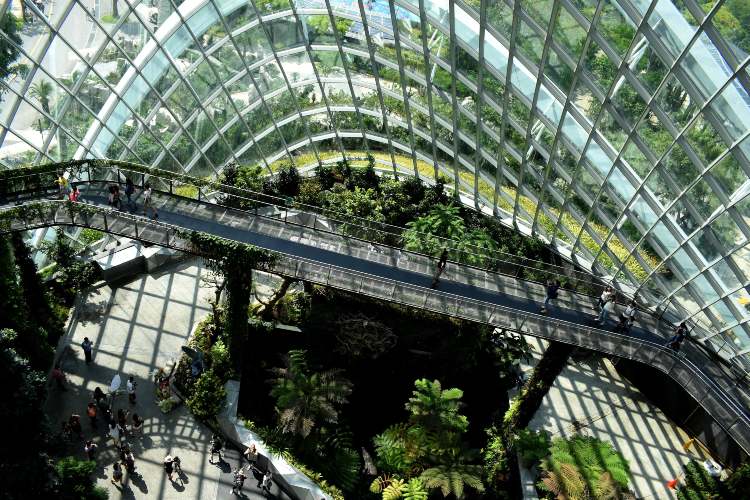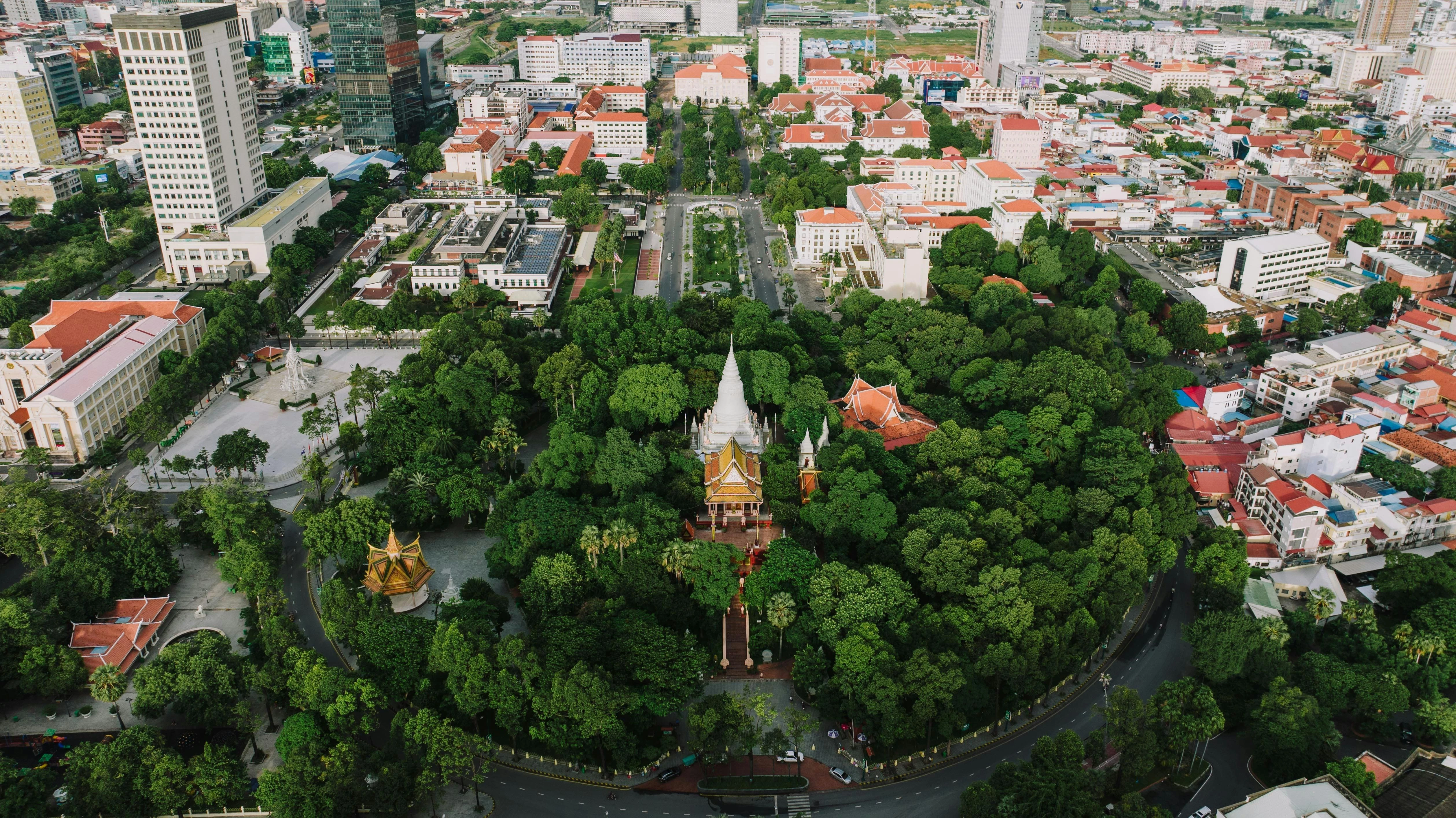What should businesses and professionals in Singapore expect in the second half of 2022? As part of a new series, YCP Solidiance will be releasing several in-depth articles that revisit previously analyzed emerging business trends in Singapore, guided by research and analysis from our team of professionals in the country. Read the first installment here.
To further understand the outlook of sustainability in Singapore for Q3 and Q4 in 2022, read the fourth installment below and subscribe to our newsletter here.
Hoping to achieve its climate ambitions and meet its goal of net-zero emissions by 2050, the Singaporean government continues to encourage the adoption of sustainable practices.
Moreover, sustainability has also become a point of emphasis among businesses as they hope to capitalize on the benefits associated with incorporating sustainability efforts, such as improved engagement with stakeholders.
For both the public and private sectors in Singapore, sustainability is expected to continue to trend strongly in Q3 and Q4 of 2023 as well as in the foreseeable future.
Sustainability Investment Opportunities in Singapore
In line with Singapore’s sustainability and clean climate goals—as guided by national initiatives like Green Plan 2030—progressive steps are being taken to grow a green economy wherein both economic prosperity and sustainable development are the main focuses.
To accelerate the growth of Singapore’s green economy, there are several enticing sustainability business opportunities that aim to activate players in the public and private sectors. These opportunities will allow several advantages relevant to developing green companies, such as improved access to sustainable finance and options for raising green capital:
- Green Singapore Government Securities (SGS) Bonds – Serves to fund public sector green infrastructure projects through the issuance of sovereign green bonds. Primarily concerns green finance, which is one of the fastest growing segments in the financial services sector and will ultimately accelerate the green economy.
- Retail (Environmental, Social, and Governance) ESG Funds Regulations – As guided by the standards set by the Monetary Authority of Singapore (MAS), the nation’s central bank—ESG funds may be allocated to retail investors to boost the green economy. Though, it is important to note that the acquirement of ESG funds requires intensive screening to reduce risk and entails processes such as the presentation of investment strategy and metrics. By 2023, the MAS is expected to make a gradual shift toward less carbon-intensive equity investments.
- Project Greenprint – A MAS-sponsored project that features a series of sustainable finance initiatives that will serve as Singapore’s launching pad to become a hub for ESG financial technology solutions. Such initiatives include the Greenprint marketplace, which is an open platform that aims to help facilitate business between sustainable fintech players, tech providers, investors, and other stakeholders.
These developments reflect an emerging awareness of the importance of sustainability in Singapore, but perhaps more importantly, the potential advantages that shifting toward a green economy can provide. Given that the public and private sectors in Singapore continue to collaborate to accelerate sustainability efforts within the nation, expect concepts like ESG, green finance, and green economy to become significant priorities in the coming years.
Heading into Q3 and Q4 of 2022 and early 2023, it is likely that players from several industries like finance and tech will attempt to capitalize by increasing their sustainability efforts. Thus, interested parties should explore possible investment opportunities as early as now to better position themselves in preparation for an oncoming boom in sustainability.
To get insight into how sustainability is trending in other parts of Asia, subscribe to our newsletter here and check out these reports:




